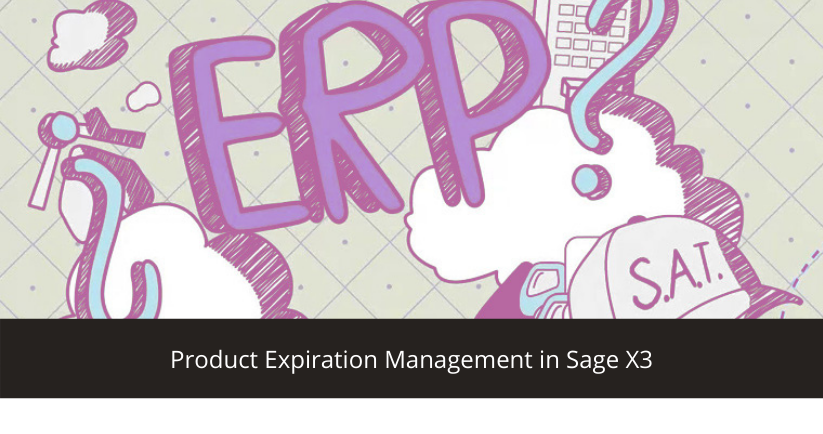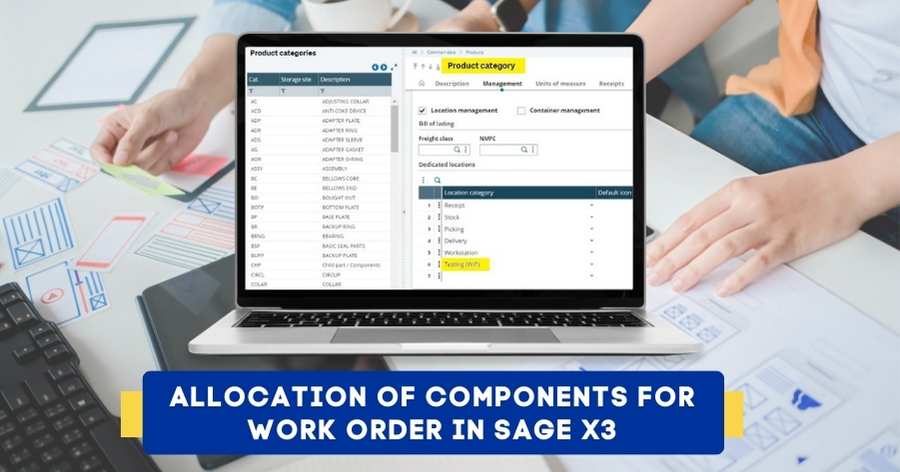Many organizations deal with sensitive product lines; that can turn hazardous when consumed by humans. Few examples of such products are packed food and pharma products.
You may have seen an product expiration date, and the manufacturing date is always mentioned in such products to keep the end customer well informed before buying it or consuming it.
Once these products are in markets and expired before it is sold to customers, they are returned to the retailer or distributor by the retailer, which leads to additional expense for such products’ return process.
If any end customer misses checking expiry details and buys such a product, it will pose a significant threat to his life and law enforcement will come into the picture.
Hence, it becomes necessary for organizations that manufacture such products to have a control system that possesses expiry date management in such a way that system will restrict the user on the 1st place itself while making an outward entry of such products.
Expiry date management is a salient feature of Sage X3. It allows you to manage your inventory as per LOT/Serial expiry wise.
Refer to the below screenshot of the Sage X3 product master screen expiration control section flag.
When the expiration flag is switched on for a particular product, then whenever there is an inward entry of the product’s LOT, be it at the time of production or purchase receipt system, it will ask the user to update the expiry date against the incoming LOT/ Serial no.
Few days down the line, if the product lying in the inventory gets expired, the system identifies it. It automatically changes its status to ‘A’ or ‘R’ or ‘Q’ depending on the system configurations where A denotes acceptable, R denotes Rejected, and Q represents ‘Quarantine’. Ideally, it should be either ‘R’ or ‘Q.’
Once the status is changed to ‘R’ or ‘Q’, the system will allow the user to use, issue, or sell this particular expired product.
Setting up Near to Expiry days
Sage X3 also allows you to setup use by date, which means before how many calendar days the system should start restricting users to use, issue or sale near to expiry products using the UBD coefficient.
Destruction of Product Expiration
Users can pull out the Stock Status report. They can identify the ‘R’ stock and then decide to destroy such a product by using Misc issue entry to issue the material for physical destruction.
So, we have seen how Sage X3 can benefit an organization, which has inventory expiration management as a core requirement.
At Sage Software Solutions (P) Ltd., we are home to world-class ERP software and CRM software that will solidify your business tech support fundamentals and enable you to build a customer-centric organization.





